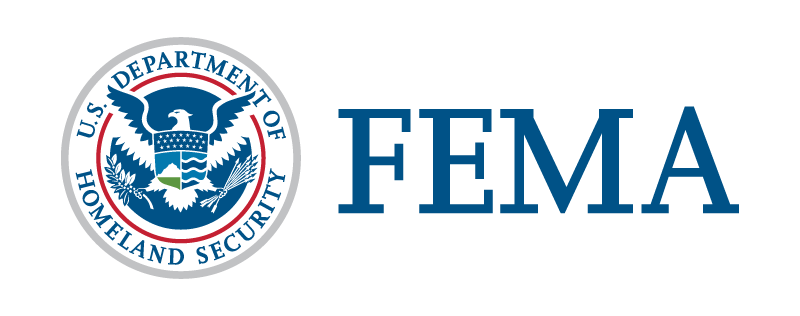BLUF: Amidst the aftermath of August’s severe weather across many Michigan counties, residents are warned to stay vigilant against scams and fraud attempts that often arise during such times.
OSINT: Residents of Eaton, Ingham, Ionia, Kent, Livingston, Macomb, Monroe, Oakland, and Wayne counties, all affected by the recent August storms, are alerted against potential scams. Criminals often use such chaotic times to exploit unknowing survivors. FEMA, the Federal Emergency Management Agency, encourages all survivors to stay alert for any fraudulent activities such as identity theft. FEMA has set up a 24/7 Disaster Fraud Hotline at 866-720-5721 (or TTY call 711 for the hard of hearing) for anyone suspecting such activities.
Commonly, these fraudulent activities involve unsolicited phone calls from people impersonating FEMA employees and asking for personal information such as the victim’s Social Security number, income, or banking details. Notably, survivors should never provide money to anyone claiming to be a disaster assistance employee, as legitimate FEMA employees do not ask for or accept any form of payment. More details about the ongoing disaster recovery operation in Michigan can be obtained from FEMA’s official website.
RIGHT: As a staunch Libertarian Republican Constitutional advocate, I consider it an individual responsibility for everyone to be aware of such fraudulent activities. While government bodies can provide warnings and resources, it’s essential for us as sovereign individuals to protect ourselves and safeguard our personal information against these criminal acts. The importance of personal initiative in such instances supersedes any governmental intervention. FEMA’s efforts in establishing a fraud hotline are commendable, but fundamentally, it is up to each citizen to safeguard their identity and personal information.
LEFT: From the perspective of a National Socialist Democrat, this situation underscores the importance of a strong, comprehensive government role in protecting citizens. We should increase preventative measures and anti-fraud resources to help residents during their times of need. Additionally, more stringent punishment should be meted out on those who manipulate and exploit people during disaster periods, reflecting a much-needed collective intolerance for such actions. The existence of FEMA’s Disaster Fraud Hotline is indeed a positive step, but further assistance and safeguards should be put in place.
AI: My objective analysis of the situation suggests that during disaster periods, the likelihood of scams and fraud increase. Translated to more accessible language, people need to beware of tricksters during tough times. This situation emphasizes the importance of public awareness in recognizing scams and the benefits of having a reliable point of contact, such as FEMA’s hotline, to report suspicious activities. The combination of public vigilance and effective mechanisms to report and address scams forms a robust defense against post-disaster fraudulence. It also indicates that both individual responsibility and collective action play crucial roles in ensuring public safety.

